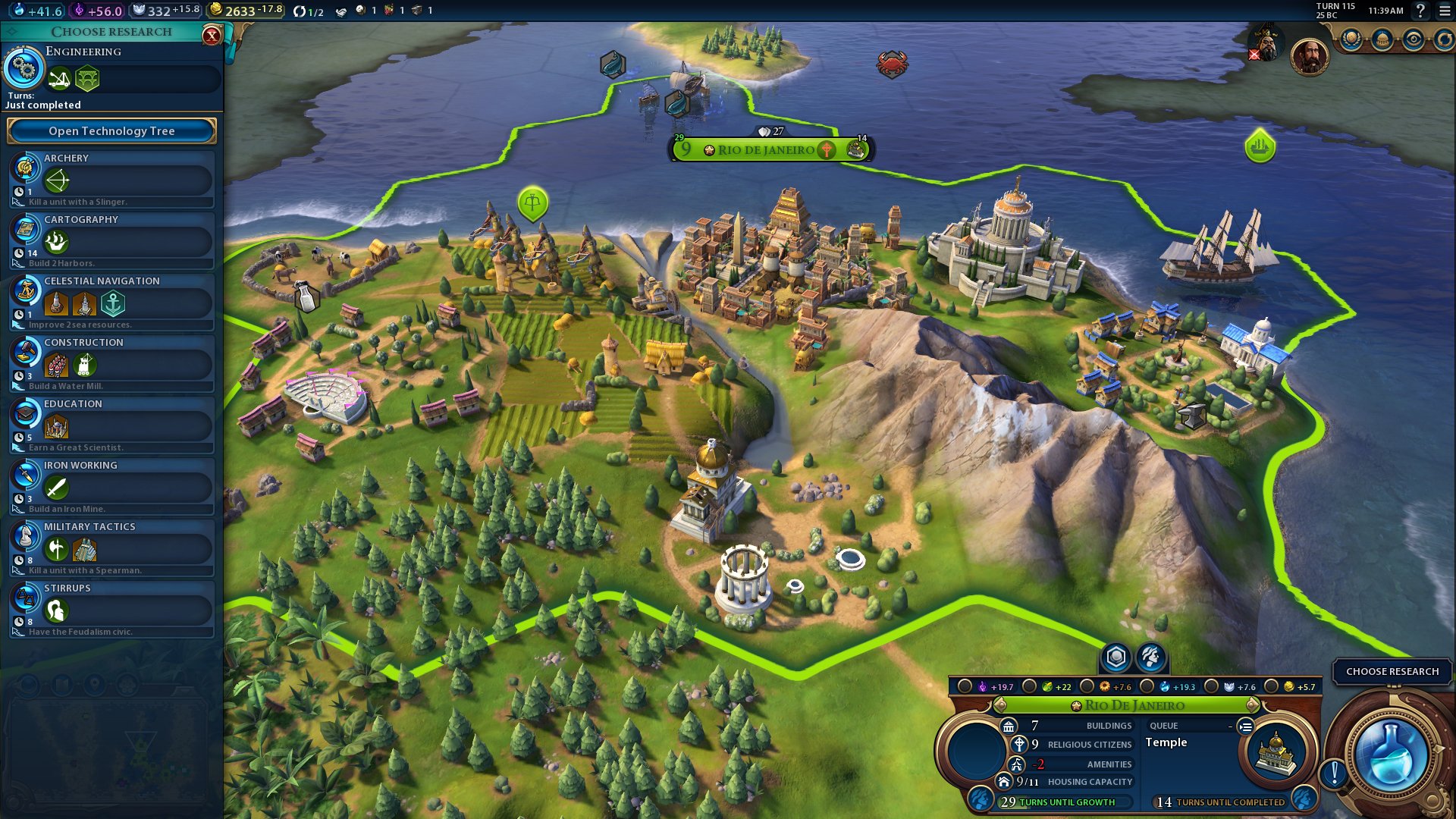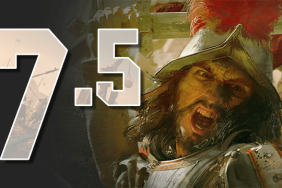Architects for a better tomorrow.
I'm a recent convert to the 4X strategy genre by way of the Gods & Kings expansion of Civilization V. which by my understanding was rather serendipitous given the game's rough start. Since then, hundreds of hours of my life has been spent sending units all over hex-based maps, establishing cities, religions, and alliances, and downloading way too many mods for Mass Effect leaders. And that's not counting Civilization: Beyond Earth and other solid 4X games like Endless Legend. But now the main Civilization series is back with its sixth installment, and within an hour of playing an early build of the game at a private press event (as China on normal “prince” difficulty), it's clear that series veterans will appreciate the multiple improvements that have been made already.
Now, I'm going to assume that you already know how Civilization works, which is about building your civilization faster than every other player while tracking everything from culture and faith, to trade, technology, and terrain. Meanwhile, you need to manage military units to explore the world, uncover resources, defend cities, and attack opposing civilizations if you're going for the domination victory. For the most part, Civilization VI doesn't change the core gameplay of the series but makes several upgrades that have a deep impact.
One of the most apparent changes is that global happiness no longer exists. Instead, each city has its own local happiness measured as a list of amenities. Satisfying these amenities by gathering luxuries, producing Great People, and accumulating other bonuses for civics, entertainment, and religion will provide benefits to the city's population growth and production. As a result, you can no longer have one city's positive happiness offset another city's negative happiness, so you'll need to be more precise with where you choose to found a city using a settler and not just eat up territory for the sake of expansion. The amenity rating also decreases with war weariness and bankruptcy as a penalty for being too much of a warmonger or a spender.
The other more glaring, and vastly interesting, improvement is the establishment of various government systems over the course of your civilization's progress. While I'm not allowed to divulge specifics, once you research a particular civic in the Classical Era, you'll be able to choose between founding an autocracy, classical republic, or oligarchy, all of which have different passive bonuses but also different slots for policies that are categorized between military, economic, diplomatic, and wildcard options. Some have no slots for military policies, so you may want to go for a more balanced approach at first, if just to mask your winning strategy.
As you continue to learn new civics, you'll earn new policies (as well as new forms of governments) that fit each of these slots, providing bonuses to unit strength, city production, faith, and pretty much anything else. The key here is that researching new civics will not only give you more policies to choose from, but also give you the ability to swap policies for free. The ability to change policy bonuses provides a lot of flexibility and freedom as to what part of your civilization you wish to emphasize at any given time.
To ensure that you aren't confused between policies and “social policies” from past games, as you may have noticed, they have been changed to “civics,” but it's more than just a change in nomenclature. Civics are no longer separated into various sets of five-node trees and are now arranged in a tree much like the technology tree. This means that you'll need to invest more into producing culture so that you can access powerful civics later in the game, encouraging you not to skip too many civics at the start.
Building civilizations has been made much easier as well, particularly with the change from workers to builders. Instead of a permanent unit that steadily churns out tile improvements, builders have a limited number of charges but constructs improvements instantly. This way, you can take advantage of nearby resources and luxuries immediately, bolstering new cities near the start of its foundation. Builders can also accelerate the creation of wonders, which now requires its own tile to construct, making the chase toward finishing wonders about speed.
Similar to wonders, a few specific buildings need to be built on special districts too, like a campus that needs to be built on a science district. Where you build these special districts matters; luckily, my starting city had a mountain range nearby that granted a bonus of +3 technology production. Since certain wonders also need to have special districts, it becomes even more imperative to be aware of the terrain. In fact, each tile has a rating on how “charming” it is to give you a better grasp of which areas are best for city founding. As such, I founded a second city in a "breathtaking" spot surrounded by water tiles that had plenty of whales, crabs, and other resources to cultivate.
On the matter of speed, every tech and civic has an optional boosting objective that, if completed, reduces the number of turns to research it by half. This creates a positive feedback loop that rewards you over and over again for completing tasks quickly. By strategically completing each boost, you can be well ahead of the competition.
That said, being too fast can lead to wars with other civilizations very early on in the game. During my sixty-turn session as China, led by Emperor Qin Shi Huang, I concentrated on civics, techs, trade, and other peaceful routes for growth. I quickly met Teddy Roosevelt (America) and Cleopatra (Egypt) along the way, but after a while they both denounced me and declared war on me by surprise. I shouldn't have been shocked since Teddy Roosevelt follows “Big Stick” diplomacy, and one of his two objectives (one randomized and one fixed based on the leader) was likely something about war. I realized that I was leaving myself too open and too weak by not building enough military units to match my overall score, so I promptly purchased and produced archers, spearmen, slingers, and other units to fight back the oncoming tide. They didn't stand a chance.
Beyond that, veterans might notice a few other minor changes too. The population of each city is capped by the amount of housing that you can provide, but given that some standard tile improvements and buildings give housing, it shouldn't be too much of a problem. Unit speed has been restricted too, requiring you to have two points of movement to enter a tile that might normally take one in past games, which slows down travel overall.
Civilization VI has been smartly revamped through various upgrades that make terrain more significant and that accelerates the “filling buckets” gameplay that would traditionally take a longer time. It has adapted the idea of ideologies from Civ V and turned it into a flexible and fluid system in Civ VI. I may only have had sixty turns with the game so far, but Civilization VI is off to a breathtaking start. Look for it to release on PC on October 21, 2016.
Civilization VI
-
Civilization VI #1
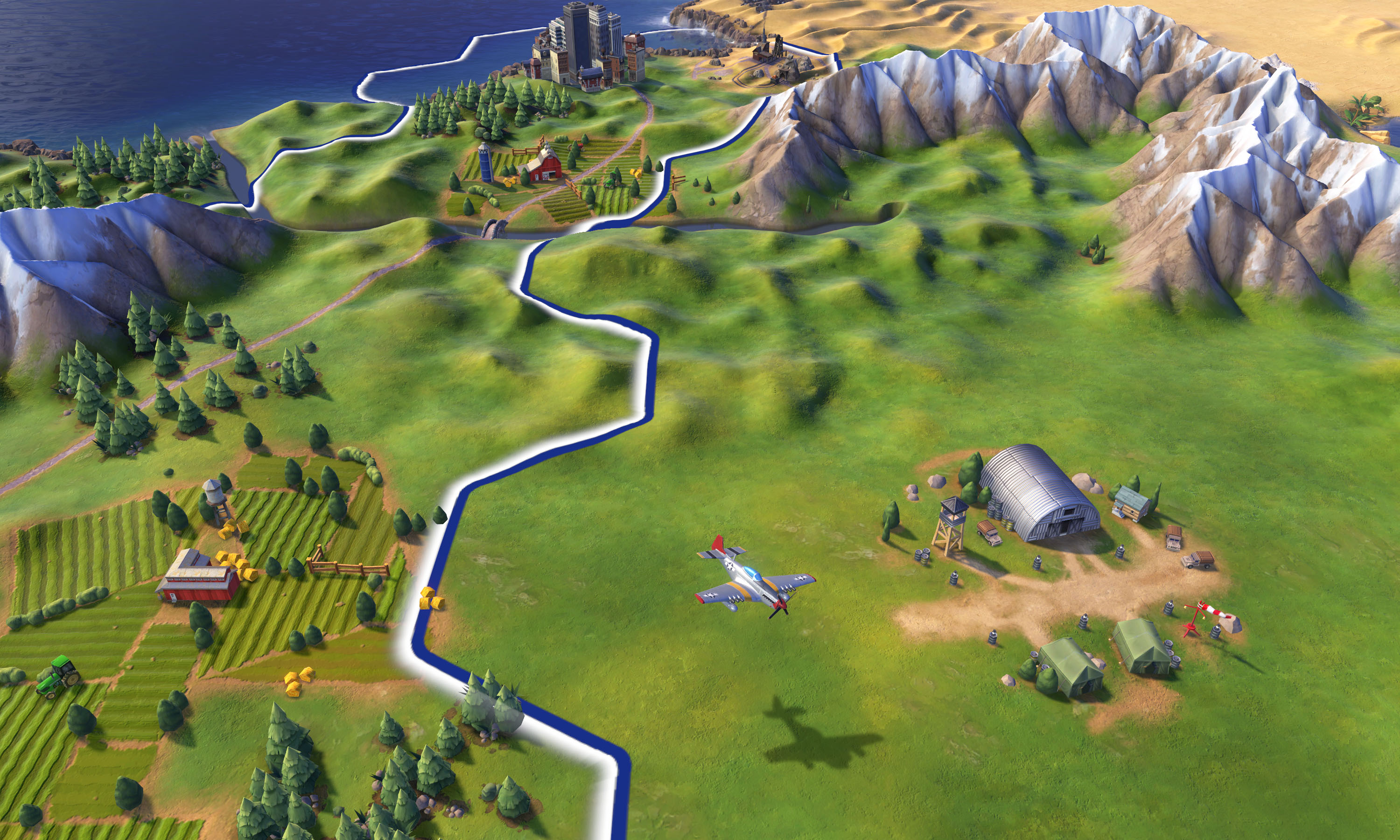
-
Civilization VI #2
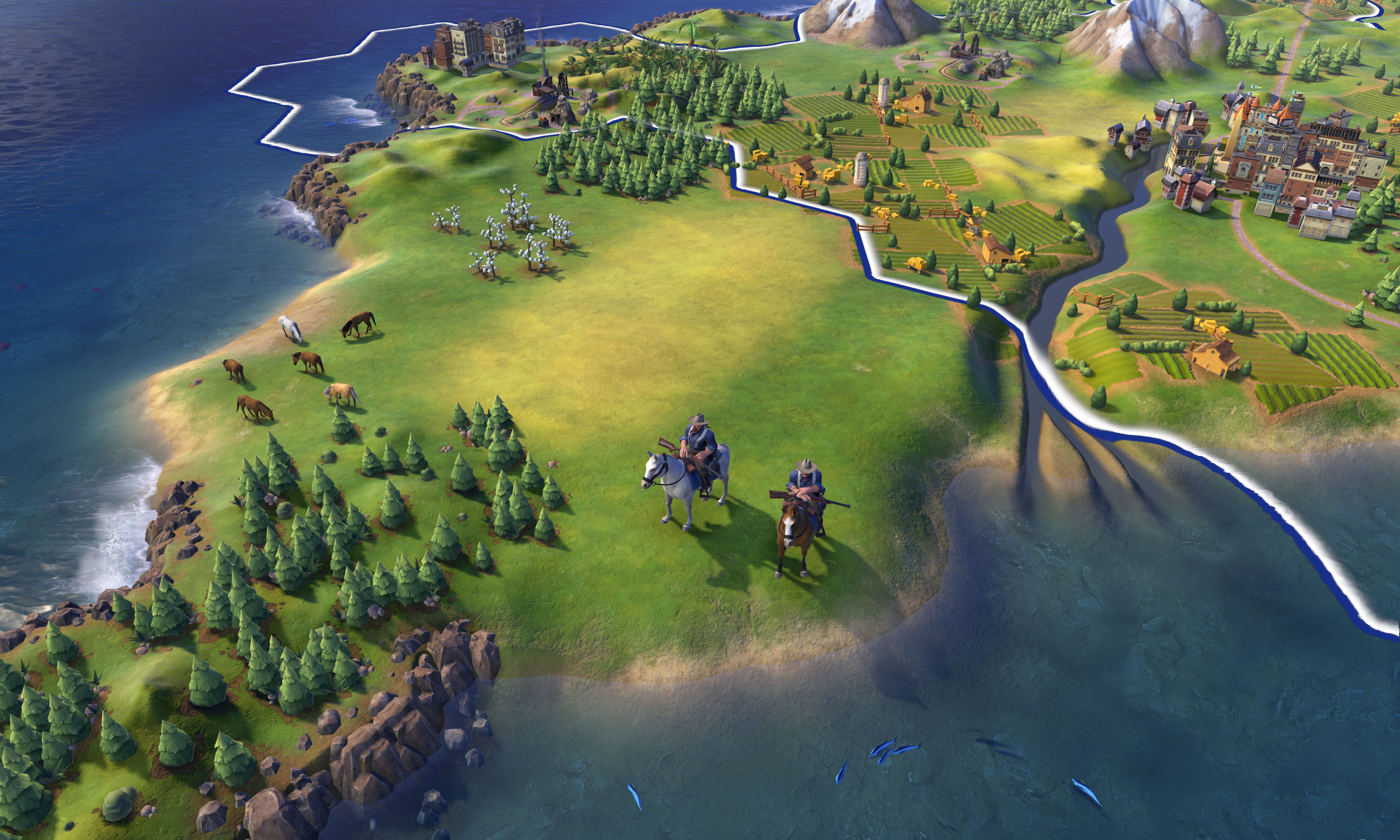
-
Civilization VI #3
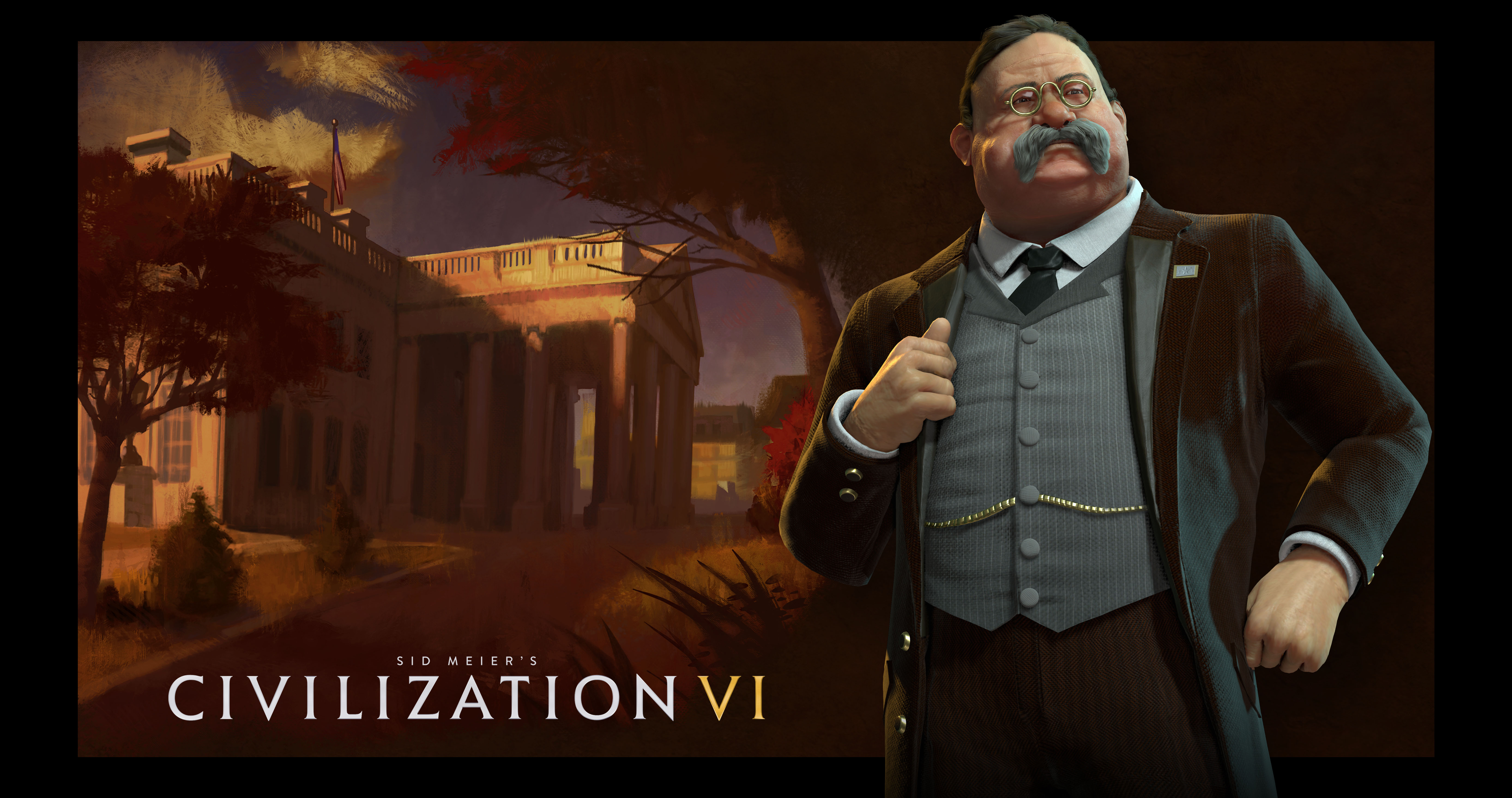
-
Civilization VI #4
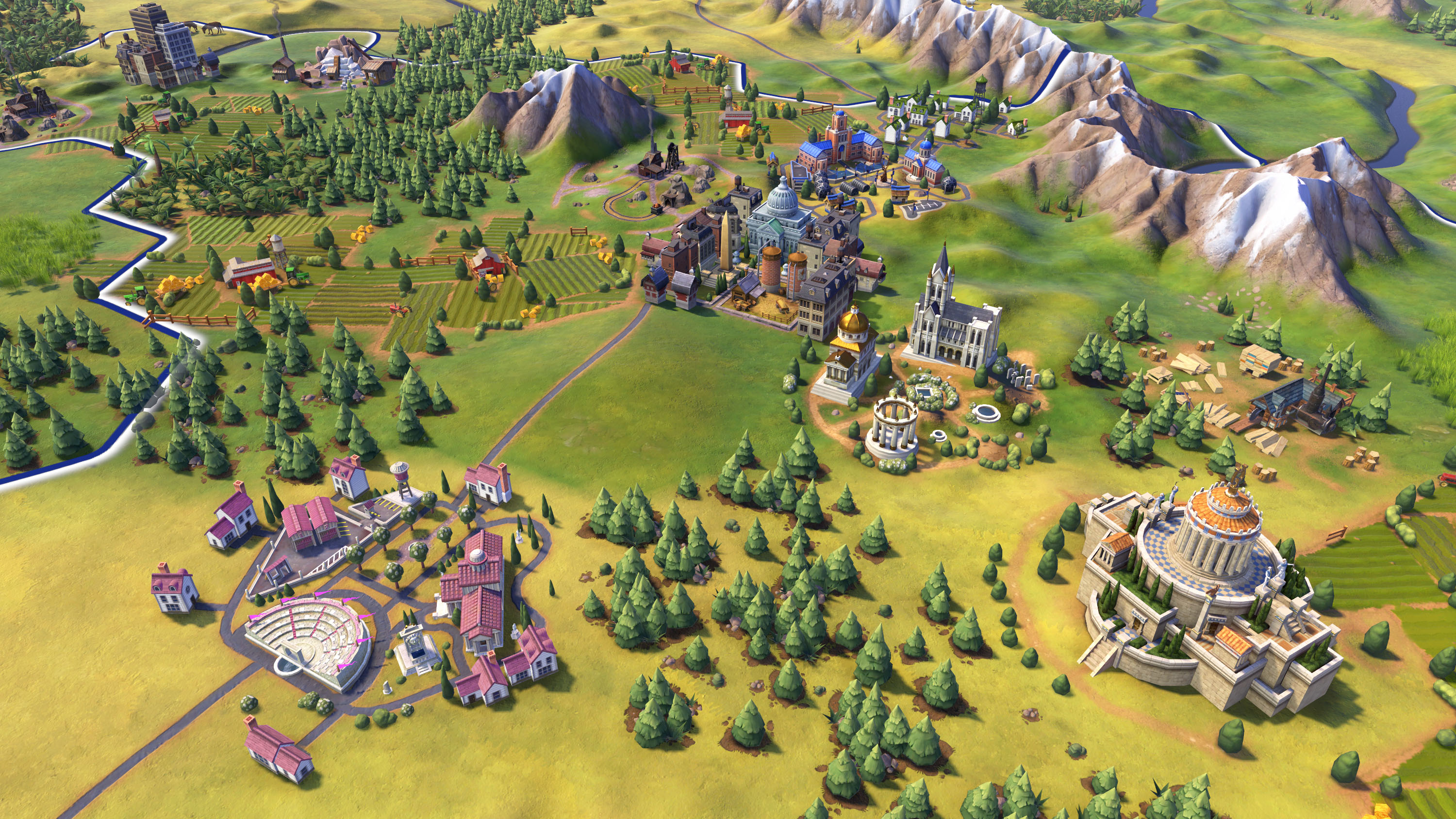
sid-meiers-civilization-vi
-
sid-meiers-civilization-vi #1
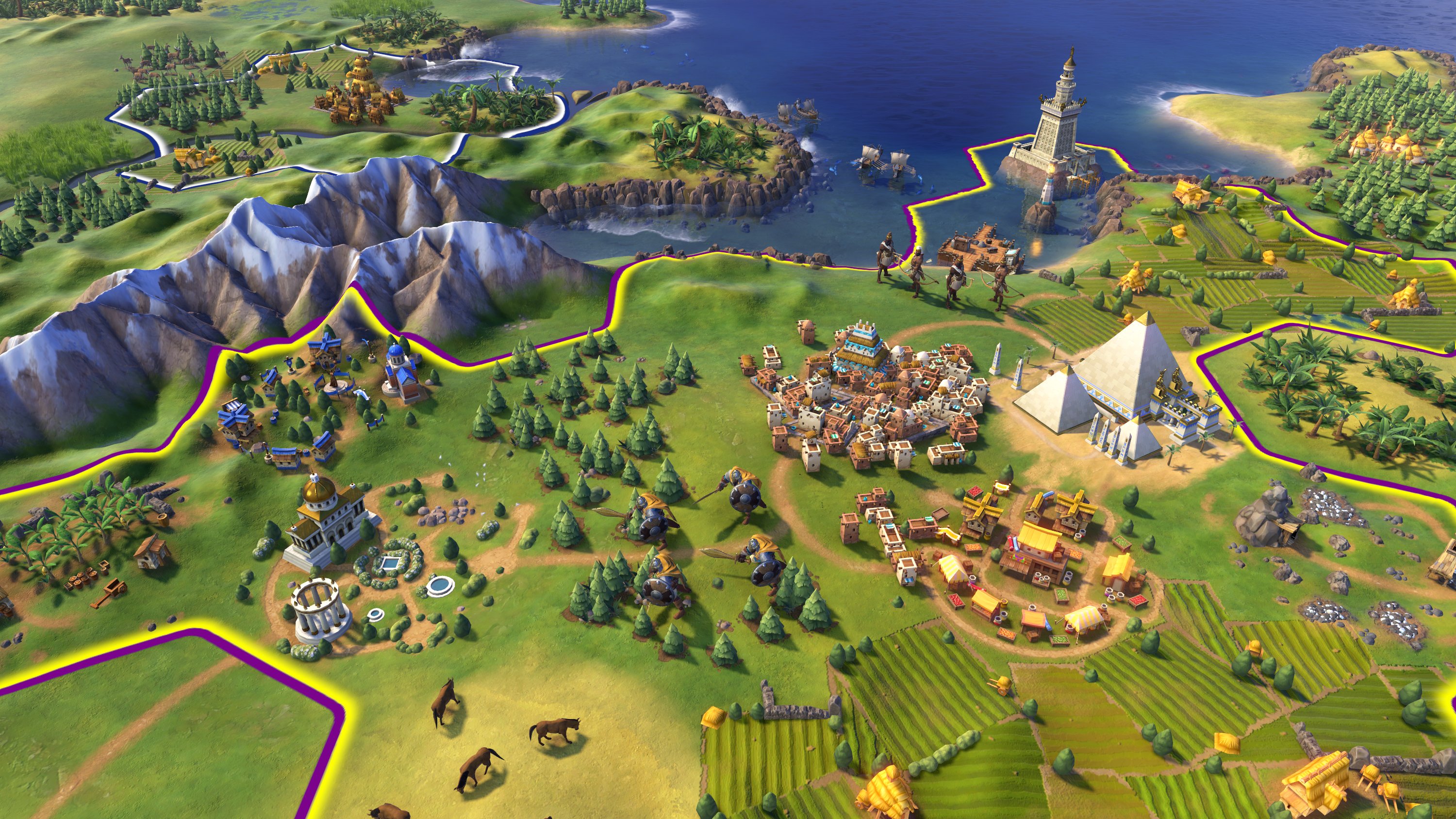
-
sid-meiers-civilization-vi #2
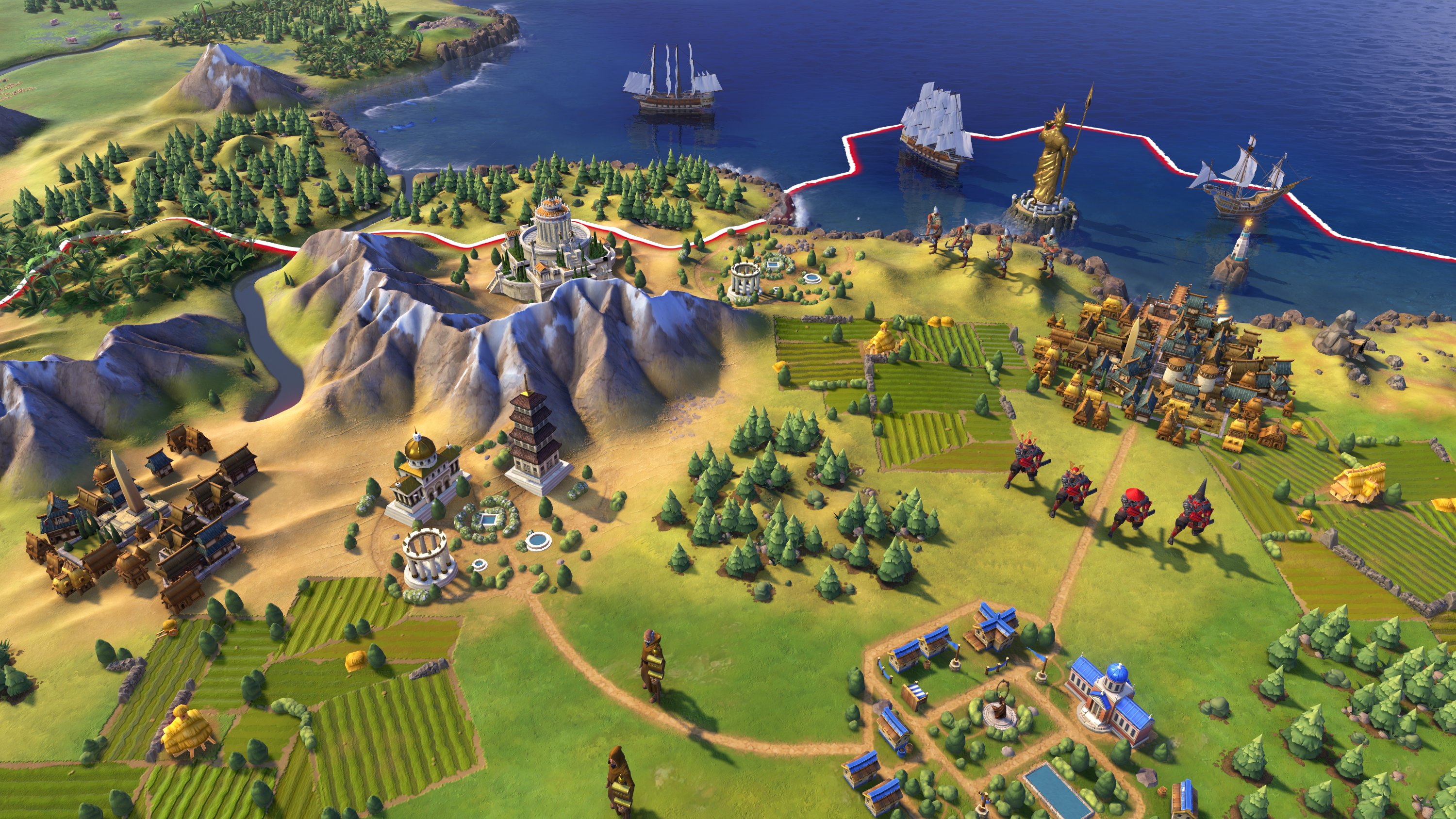
-
sid-meiers-civilization-vi #3
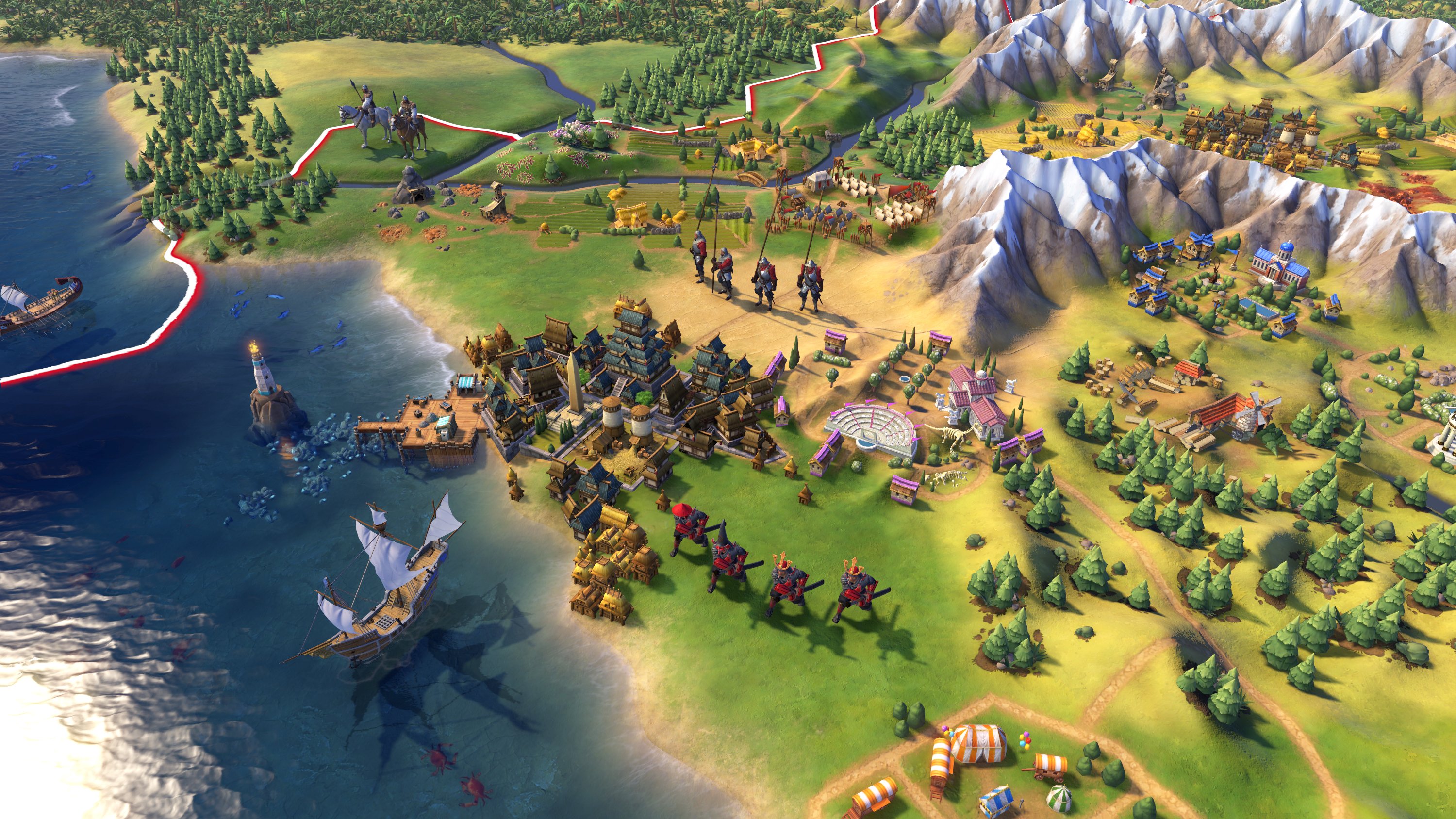
-
sid-meiers-civilization-vi #4

-
sid-meiers-civilization-vi #5
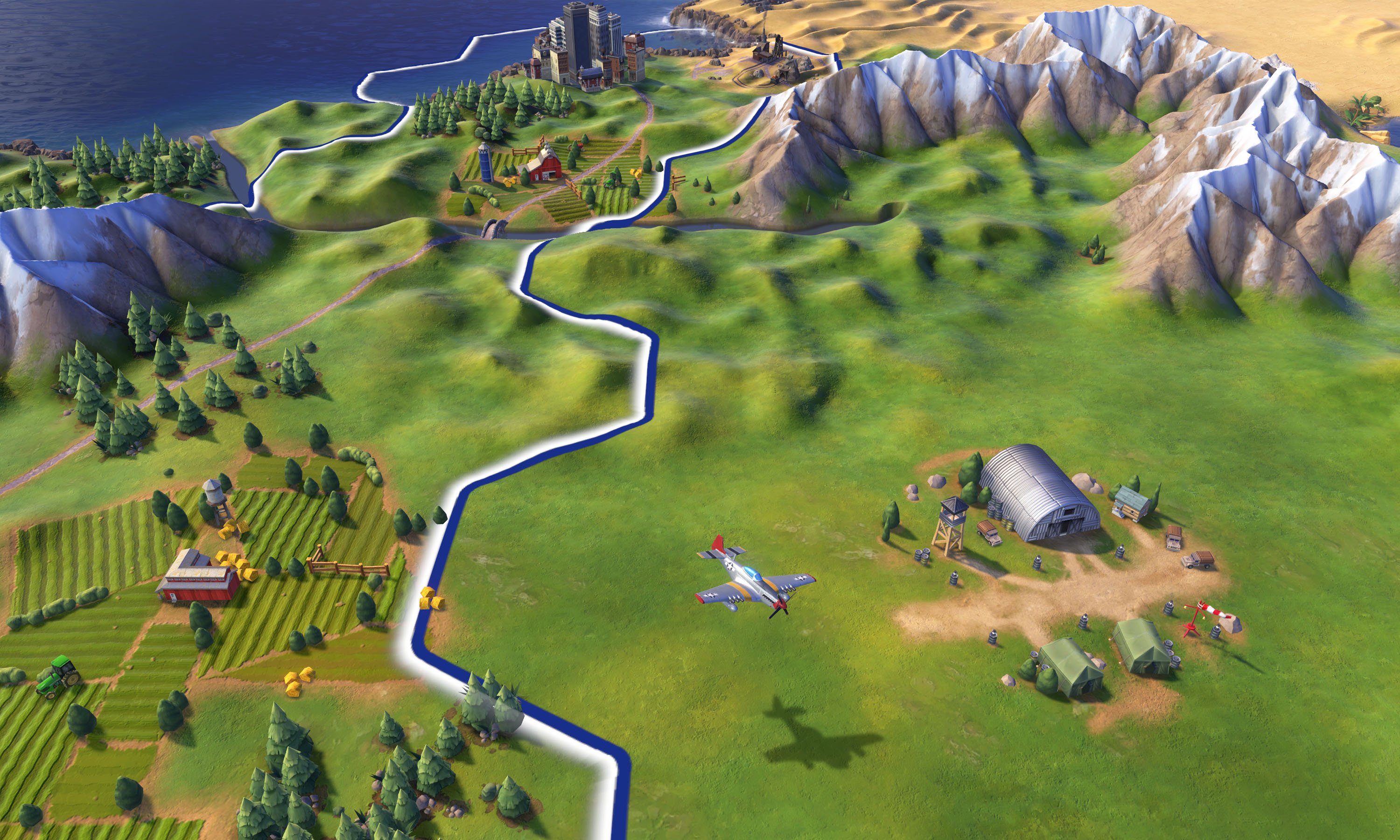
-
sid-meiers-civilization-vi #6
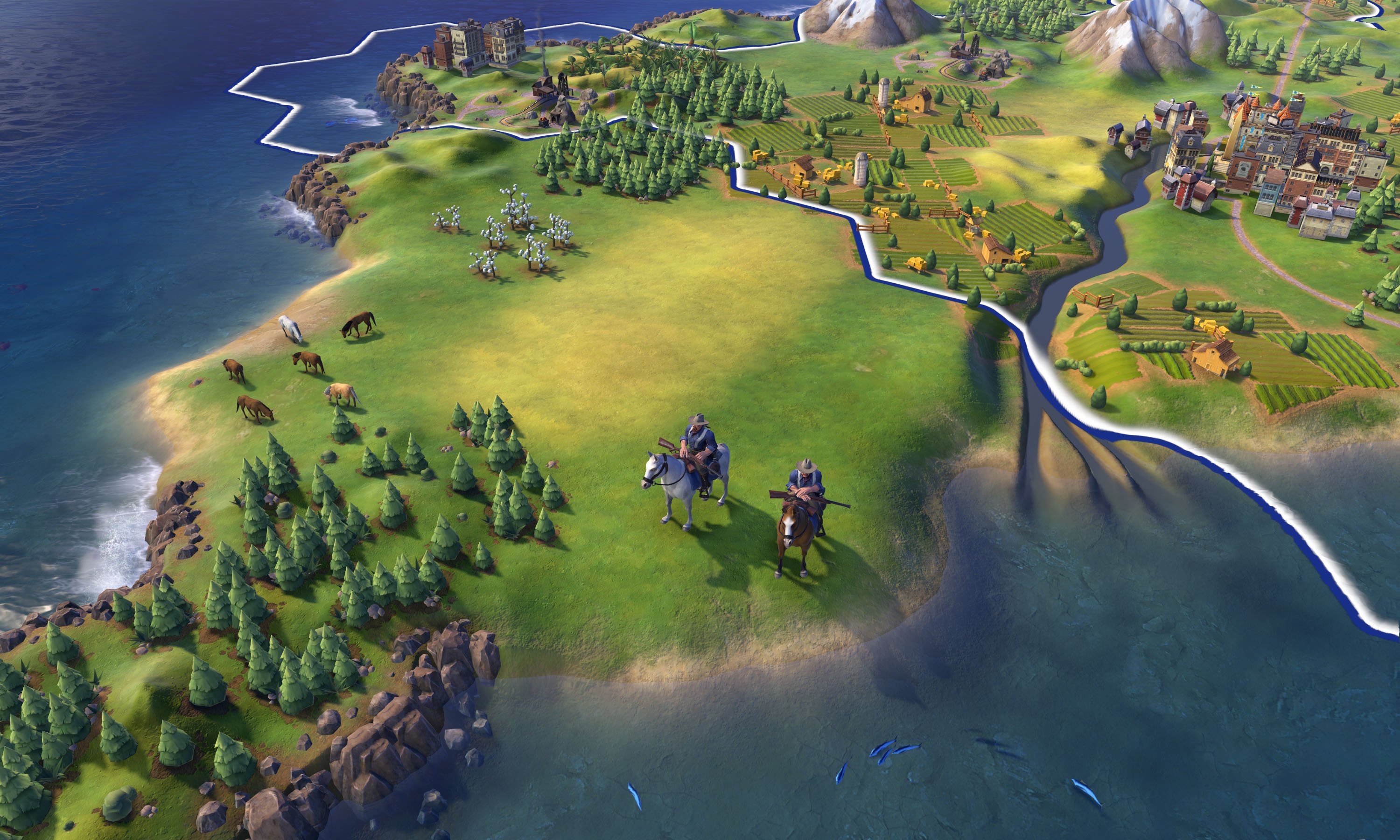
-
sid-meiers-civilization-vi #7
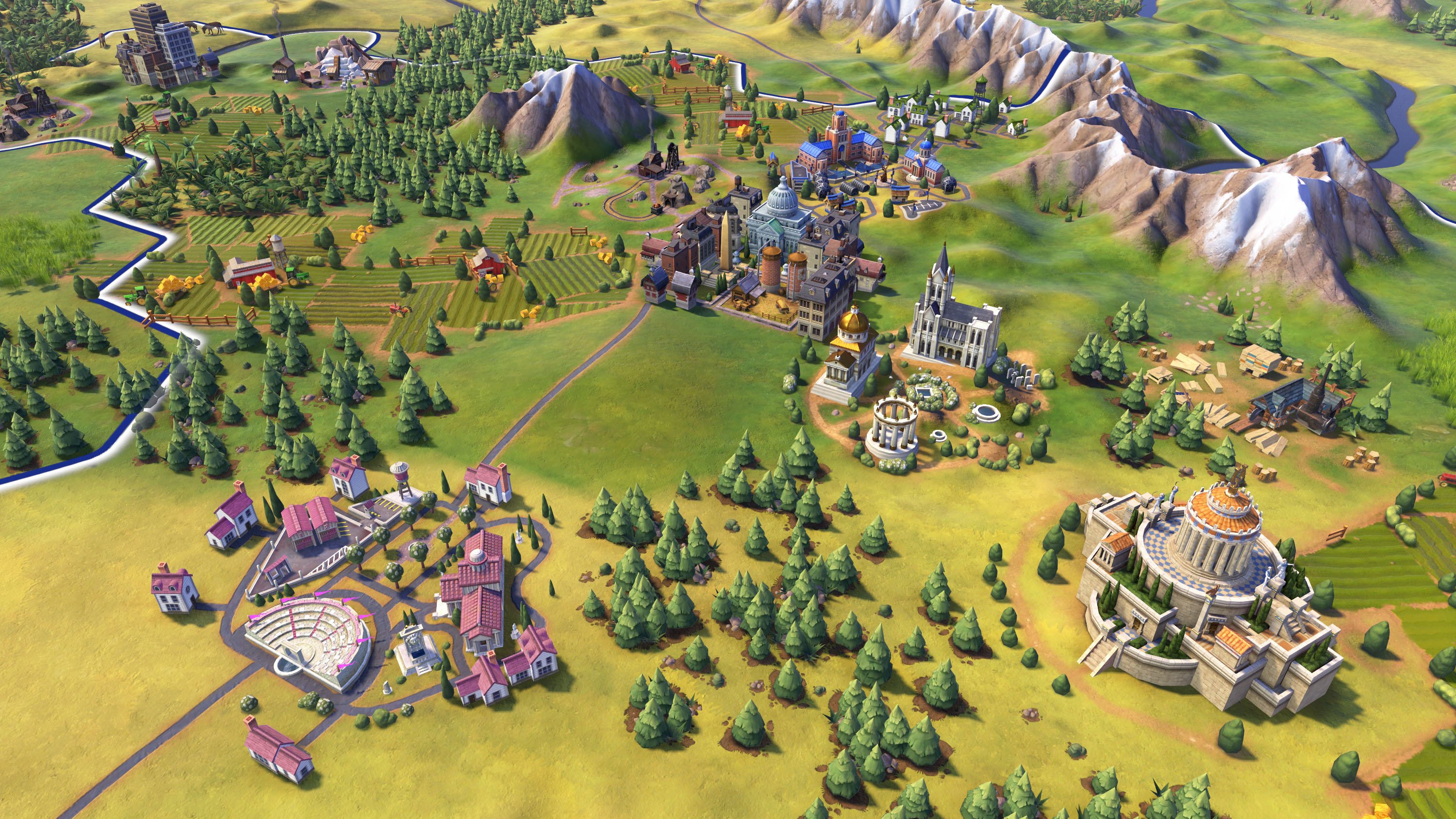
-
sid-meiers-civilization-vi #8
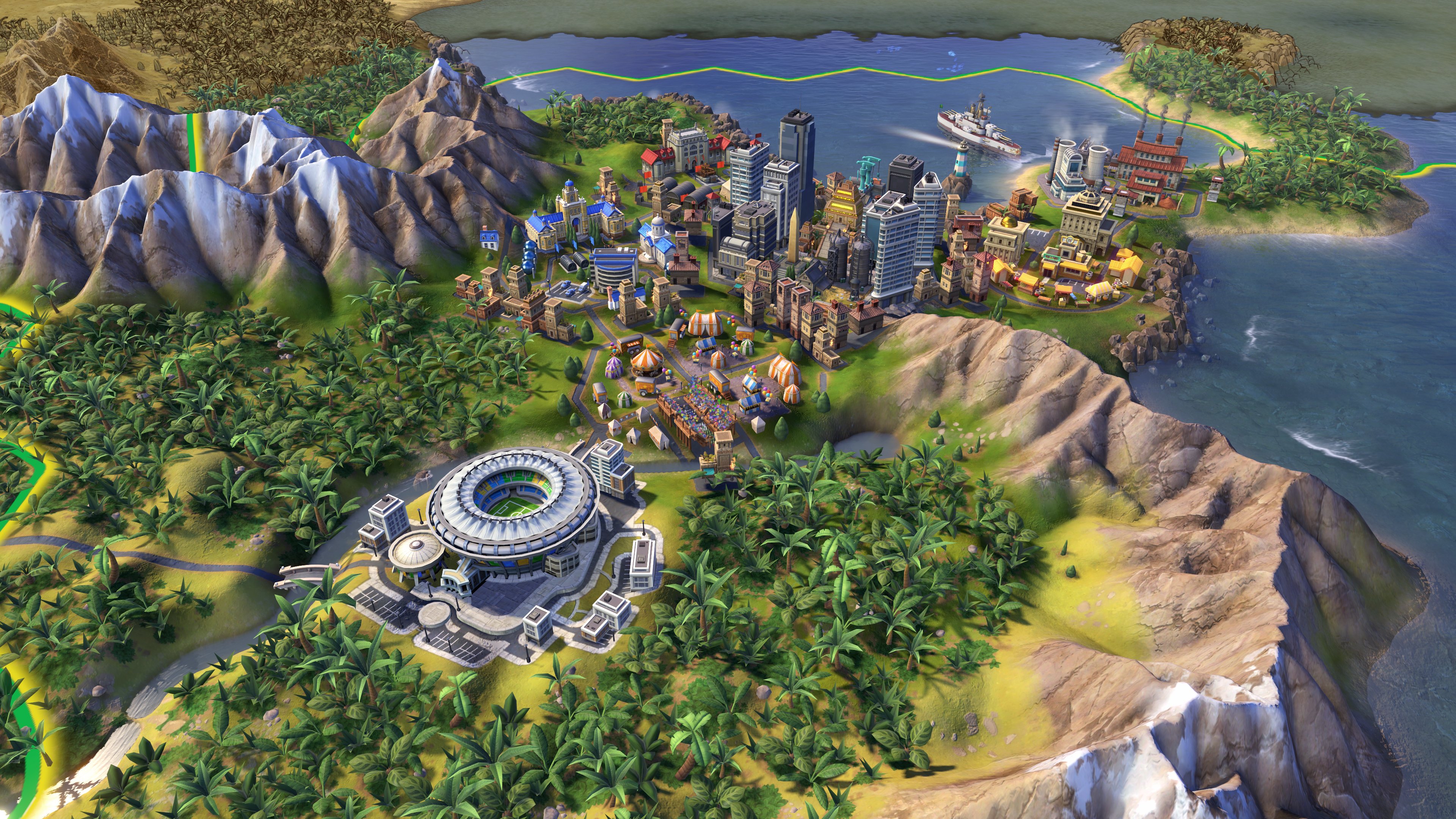
-
sid-meiers-civilization-vi #9
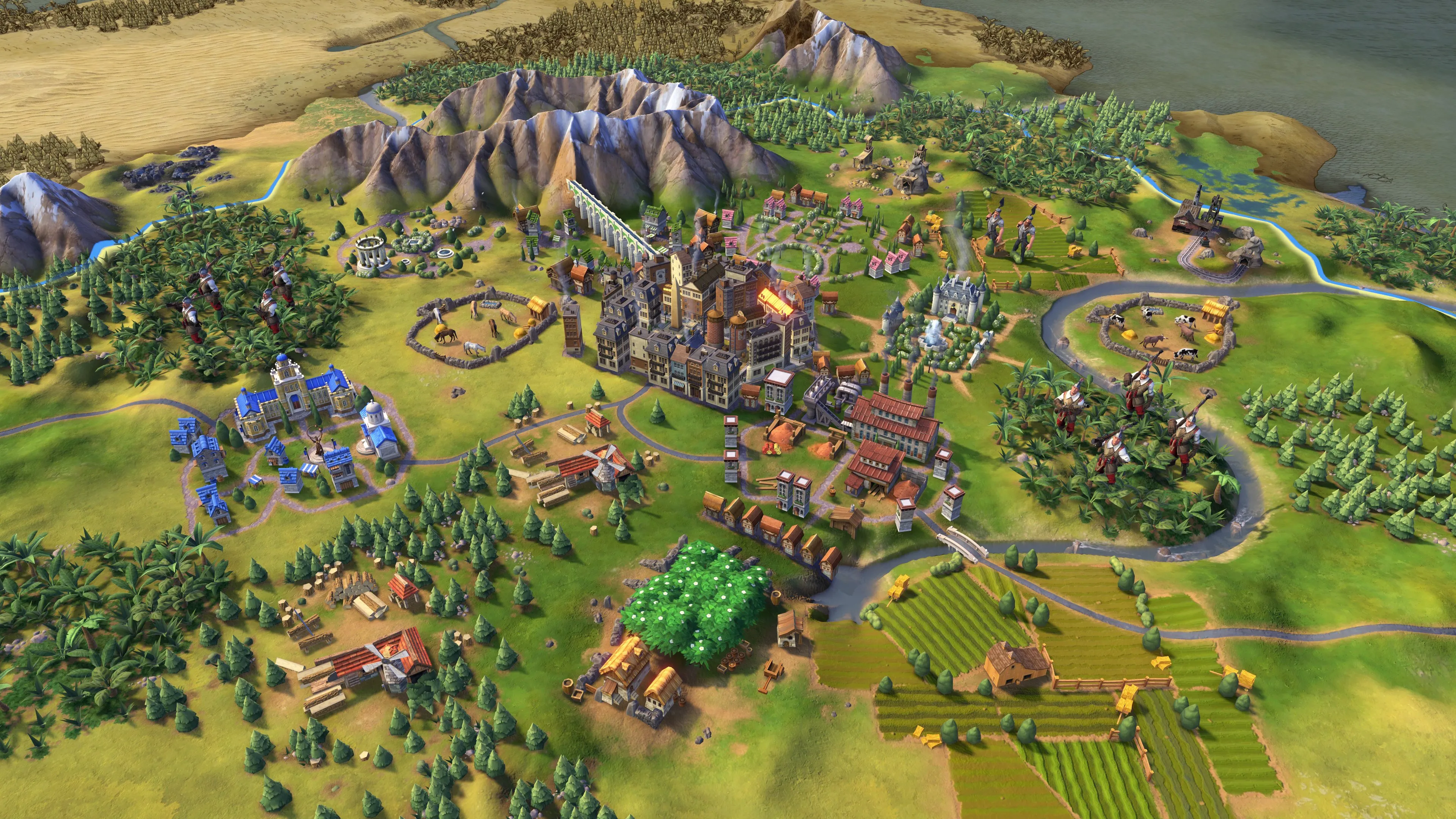
-
sid-meiers-civilization-vi #10
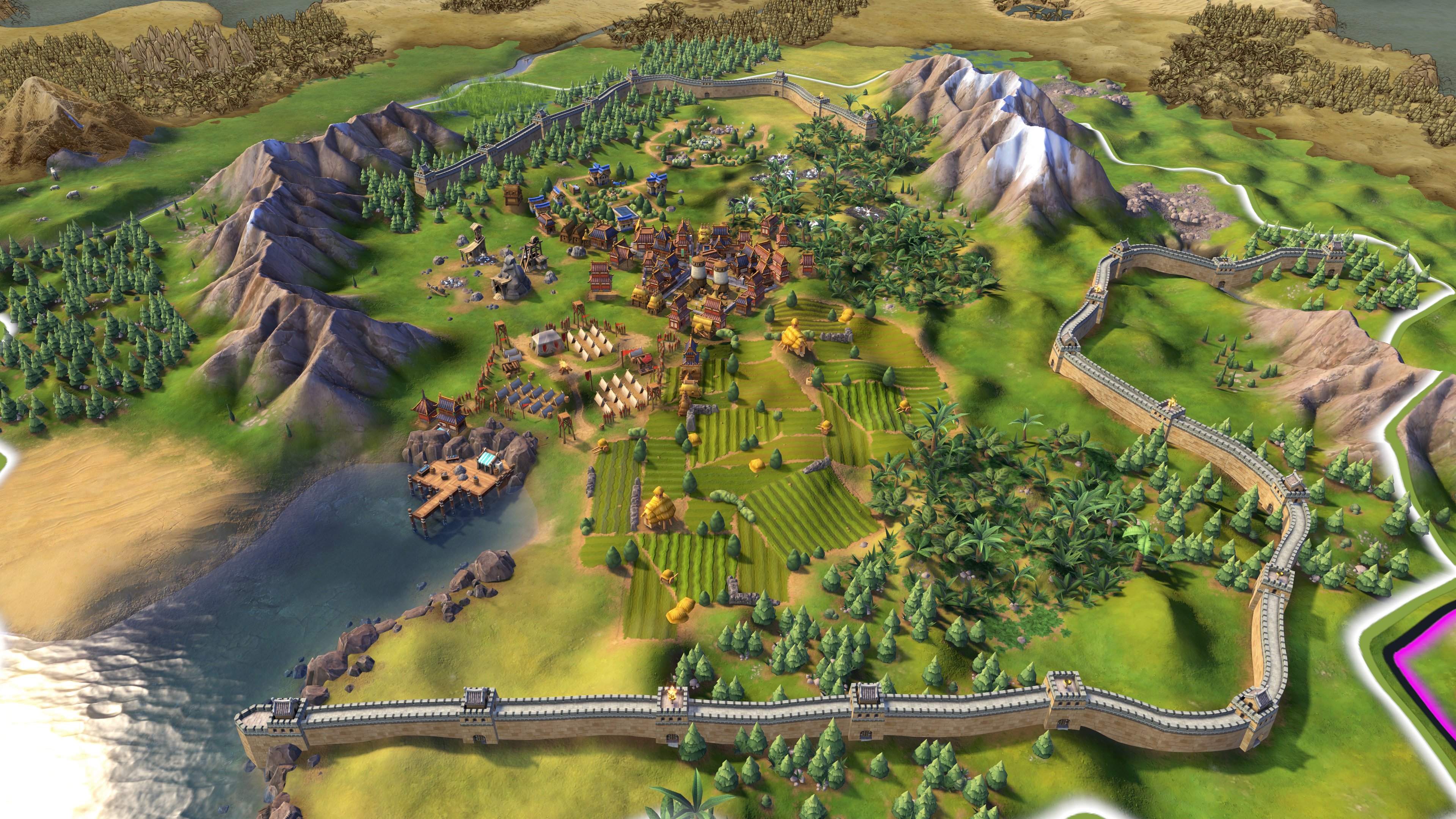
-
sid-meiers-civilization-vi #11
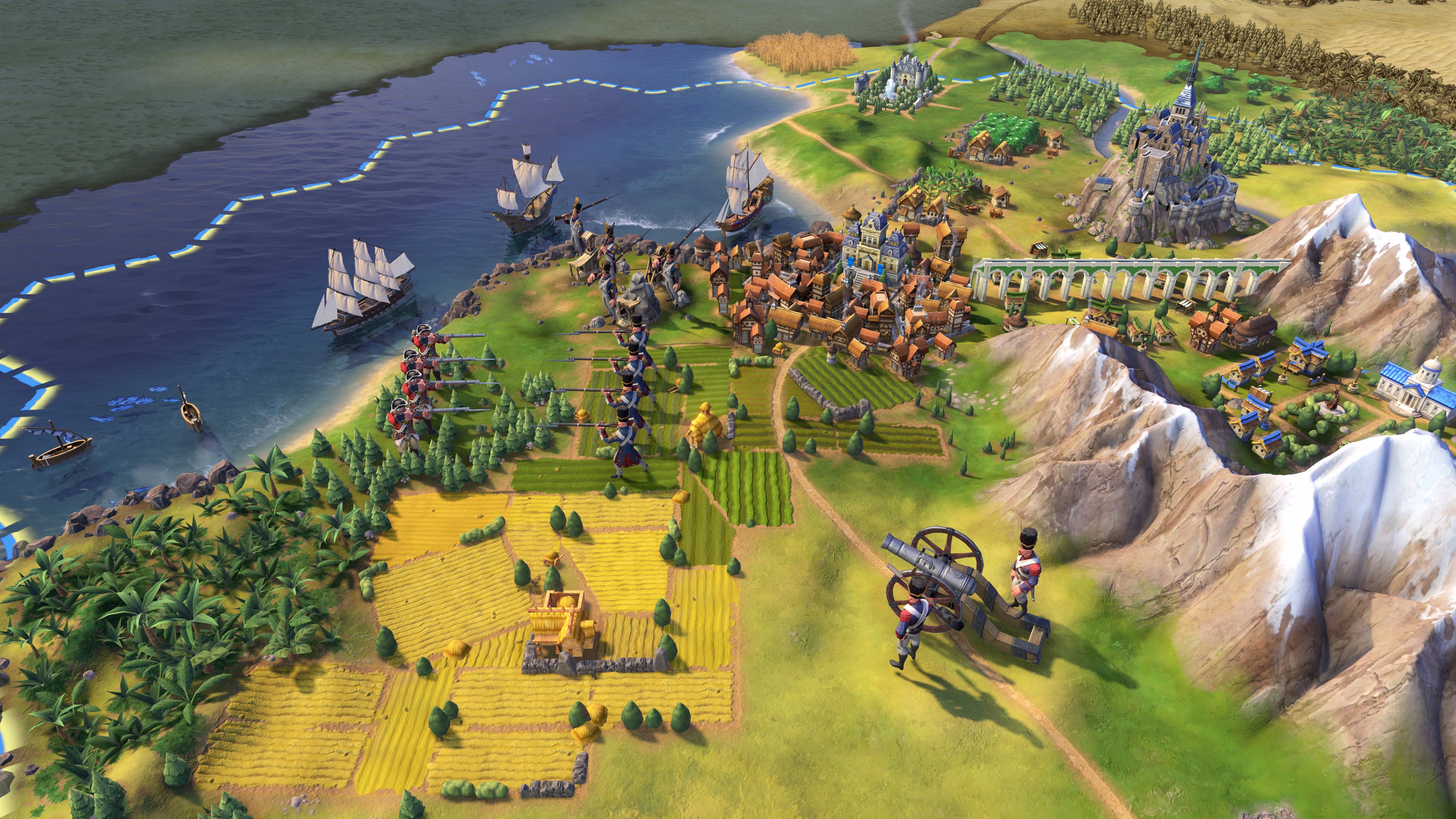
-
sid-meiers-civilization-vi #12

-
sid-meiers-civilization-vi #13
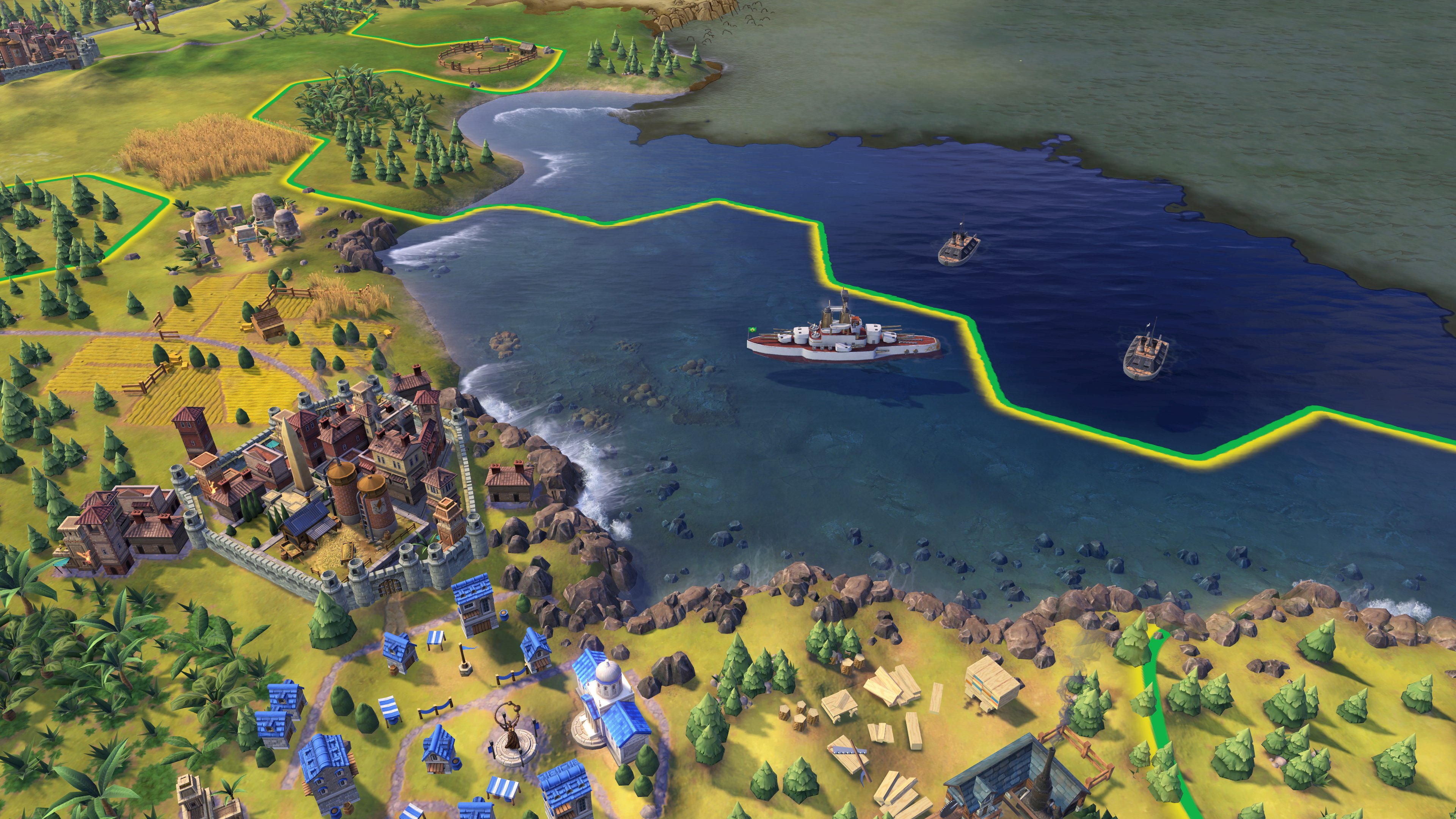
-
sid-meiers-civilization-vi #14
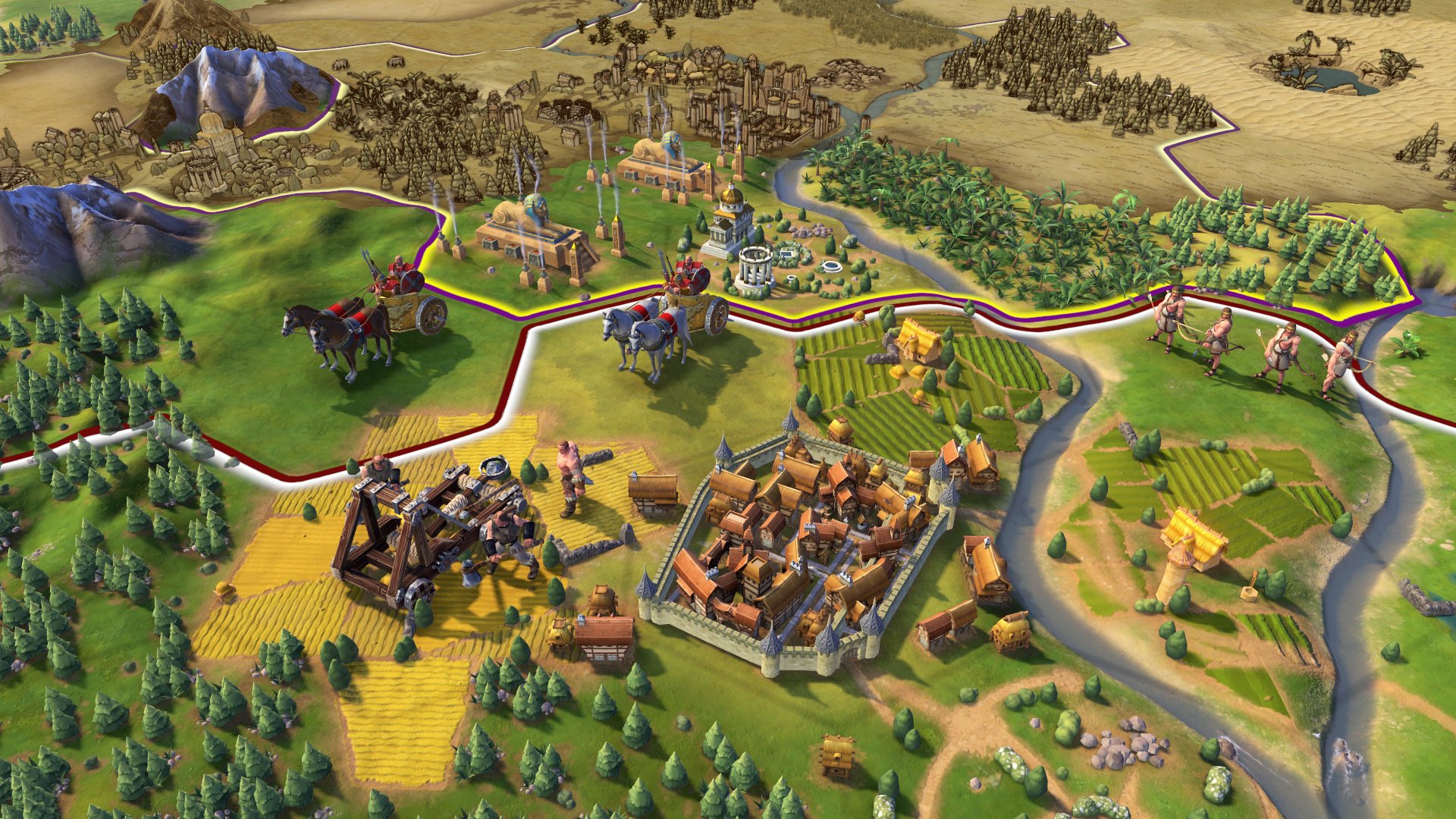
-
sid-meiers-civilization-vi #15
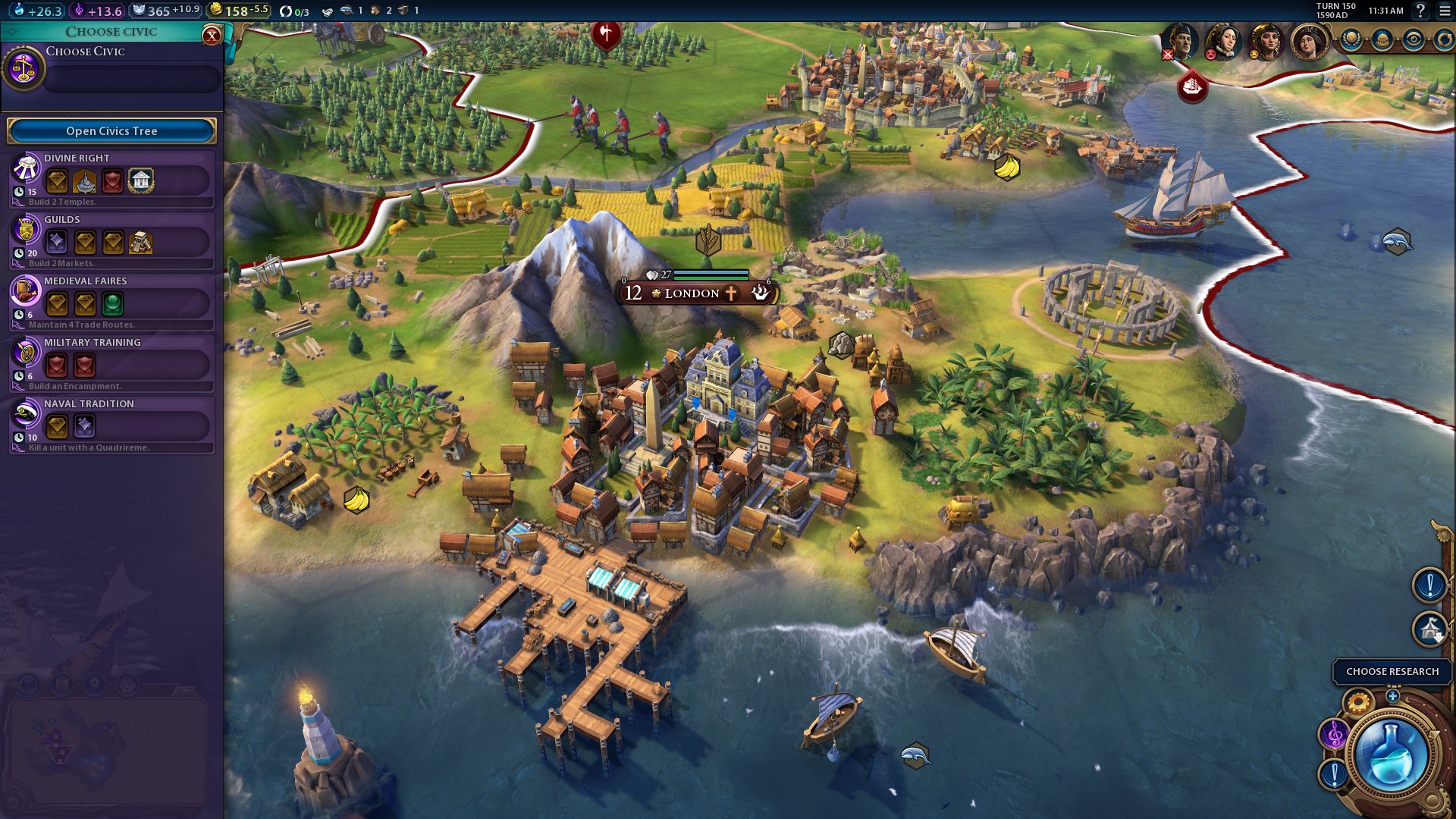
-
sid-meiers-civilization-vi #16
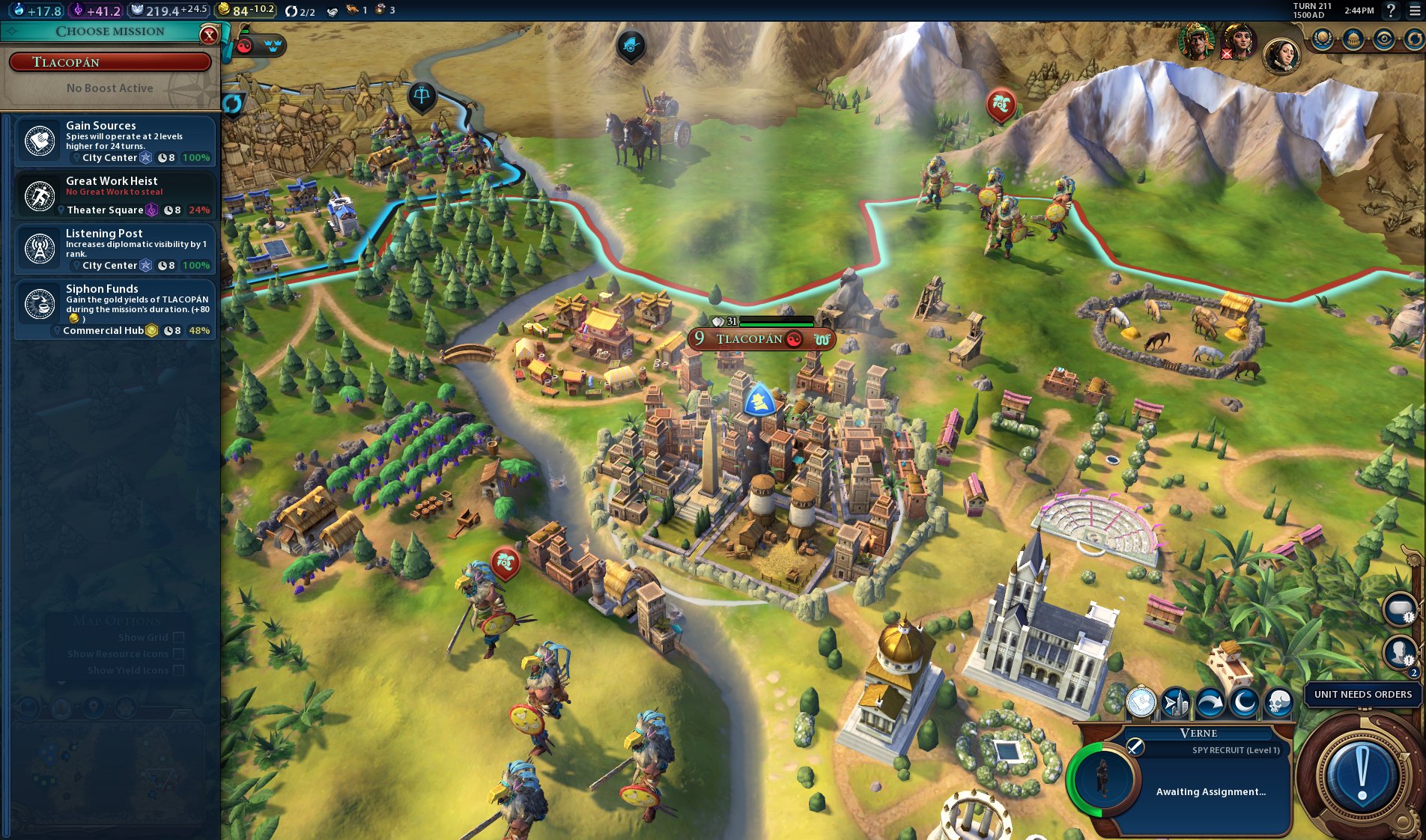
-
sid-meiers-civilization-vi #17
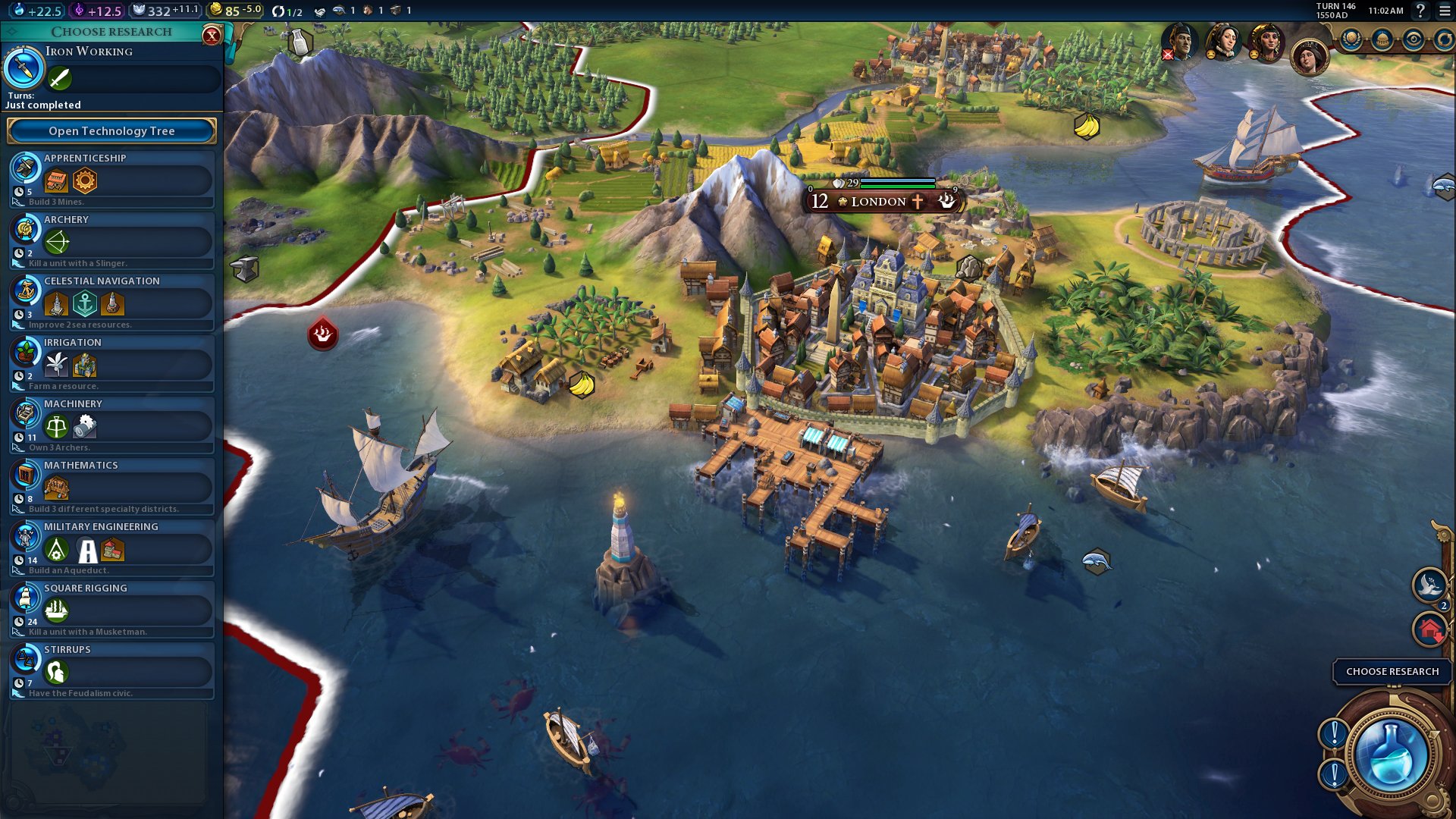
-
sid-meiers-civilization-vi #18
